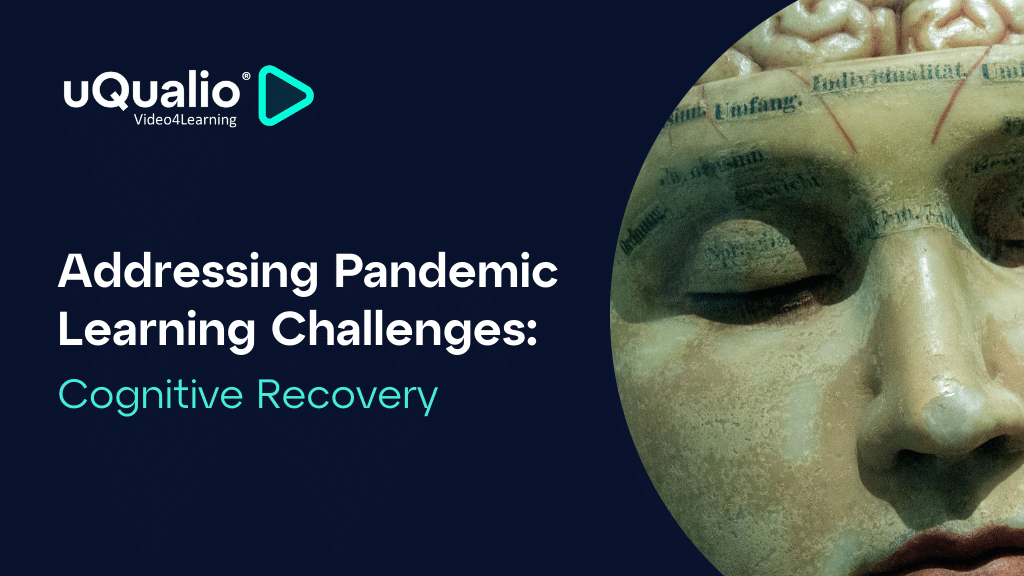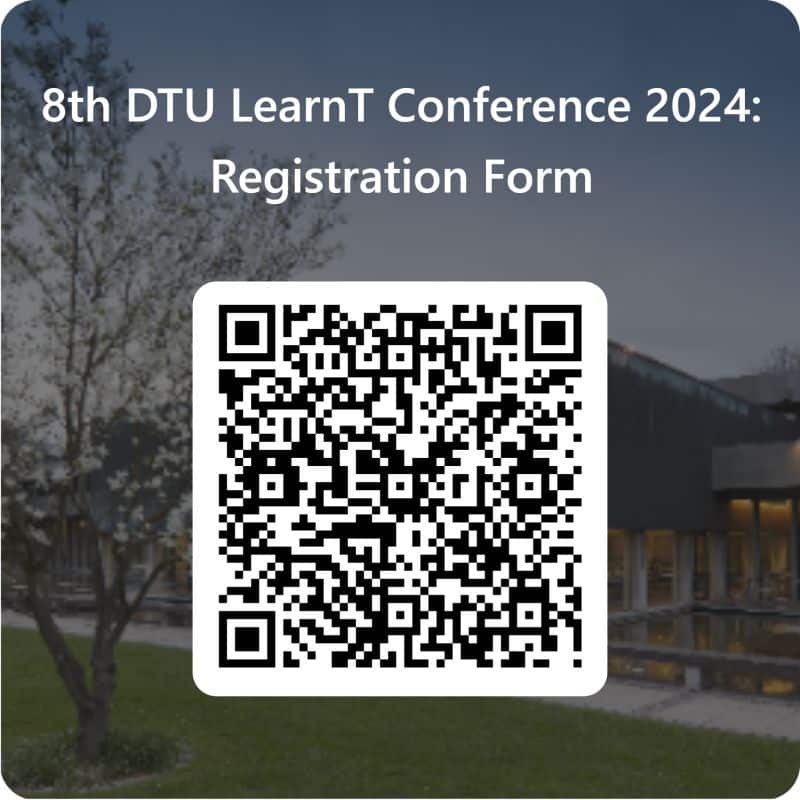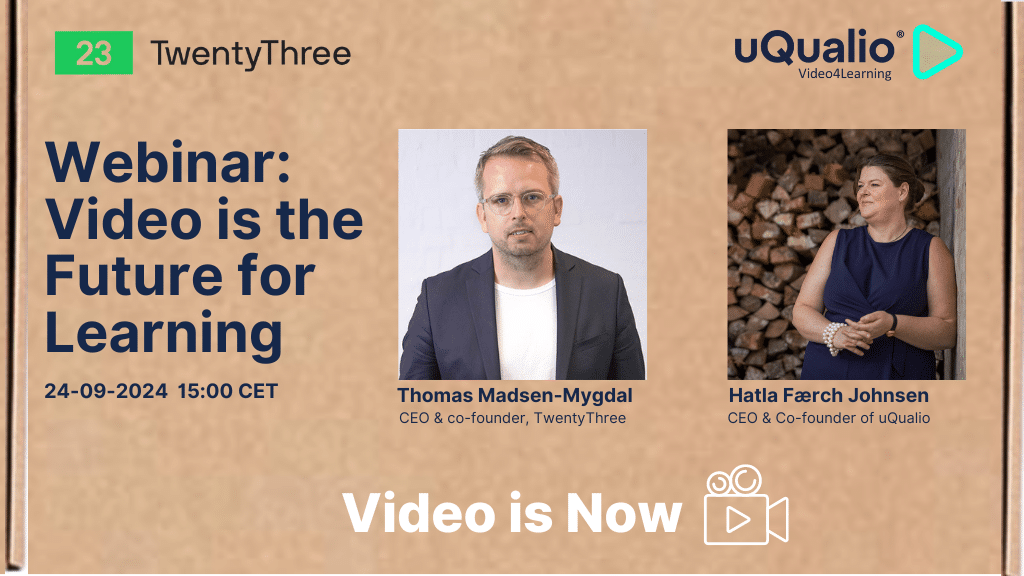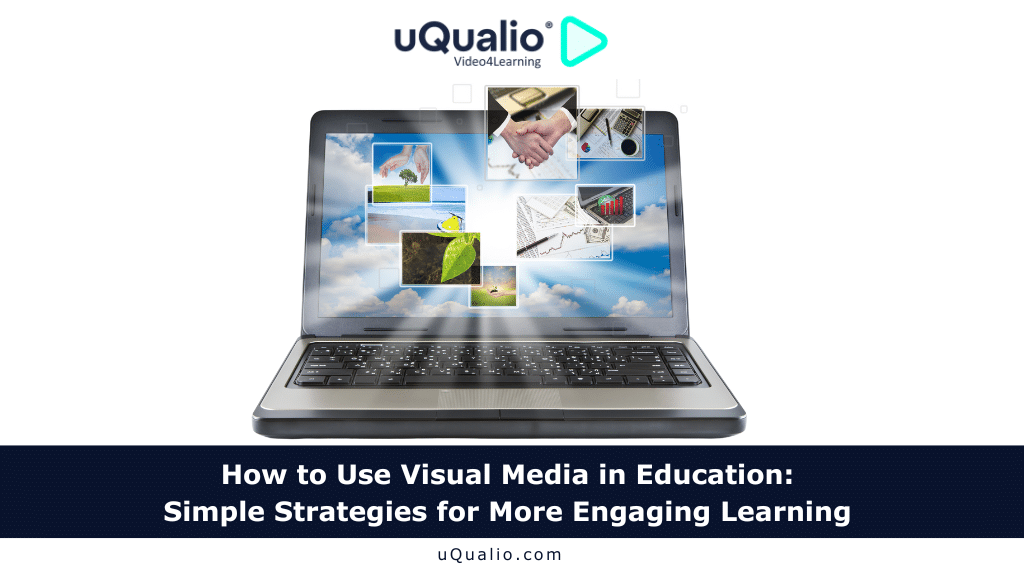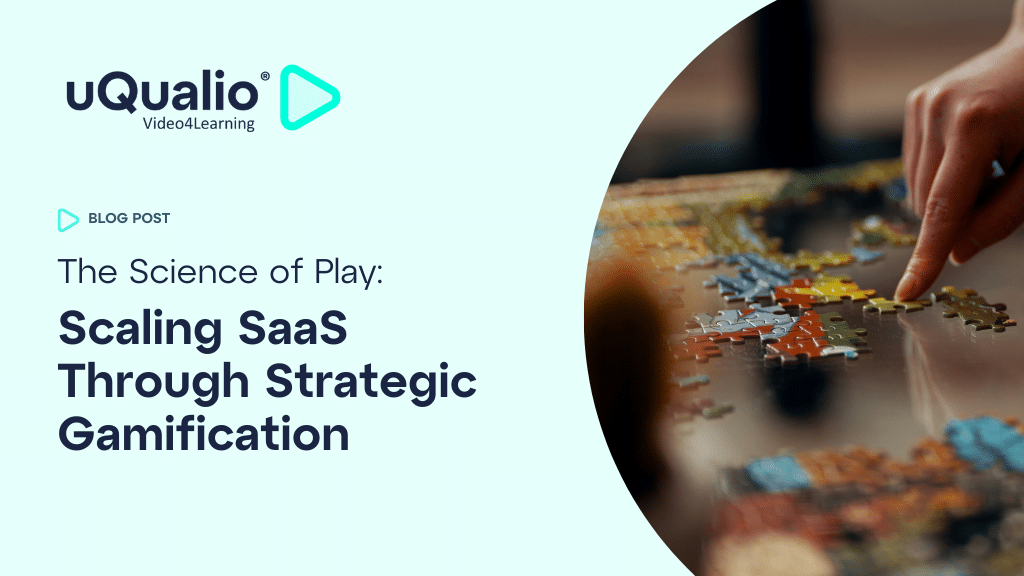MADE stands for Manufacturing Academy of Denmark and was launched in 2014 by the industry, funds, associations, and research communities. MADE’s vision is world-class Danish manufacturing through research, innovation, and education. They do it by bridging the gaps between Danish manufacturers, RTOs, universities, and university colleges through innovative project collaborations and networking activities, where actors meet across company size, geography, and industry. The purpose of MADE is to facilitate applied industrial research, develop new solutions and technologies (learning factories), and spread them to a wide range of Danish production companies, so that they stand strong in the global competition.
Learning Factories
“We have established a learning factory in Horsens with VIA University College, and two other learning factories through partnerships with the University College of Northern Denmark (UCN) in Aalborg, and Copenhagen School of Design and Technology (KEA) in Copenhagen. The learning factories employ researchers from Aarhus University, the Alexandra Institute, Aalborg University, and Technical University of Denmark,” explains Camilla Nellemann, Senior Consultant, PhD from MADE.
What MADE is doing is quite mind-blowing: MADE is spearheading a technology-based evaluation – much akin to traditional learning environments – of different ways to do training in the industry, but is also exploring the cost/benefits of the traditional vs. digital learning environments.
The MADE Learning Factories are currently conducting research to ensure efficient training development of continuing education of employees at production companies. In its pursuit of ensuring life-long education, MADE is exploring digital tools that can achieve just that.
Digital Learning for Training
MADE is trying to disrupt the traditional idea and method of learning. As Camilla, explains, “It’s important that we exploit the digital learning tools as much as we possibly can. And that we experiment with them.” For Camilla and her team, this sounds almost like a mantra. The digital contribution is a powerful asset, in making flexible lifelong learning for employees at production companies. This can help them Implement Industry 4.0 tools and methods.
“When you’re undergoing lifelong learning, you’re typically either at an educational institution or a workplace. We’re actively trying to get those two areas to work together. ” This means, simply put, that MADE is creating a dynamic hybrid between learning facility and factory. Camilla continues, “You avoid the hassle of planning your life according to a course calendar where you have to be somewhere at a given time. Furthermore, the advantage of a digital learning process is that you don’t need to learn something that isn’t relevant to you. You get exactly the knowledge that you need when you need it.”
It’s straightforward why MADE believes in digital solutions. According to Camilla, “In a traditional work environment, a method like peer-to-peer training is commonly practiced. However, when digital training replaces peer-to-peer training, the workflow may improve as employees are able to perform their core tasks rather than training peers.”
Testing Learning Systems
MADE investigates how employees at manufacturing firms can be professionally trained on-site to prepare them for a digital future. Currently, they are investigating which of three methods is the easiest and most efficient in relation to different training scenarios. These include Augmented Reality, Virtual Reality, and eLearning on platforms, such as the uQualio Video4Learning.
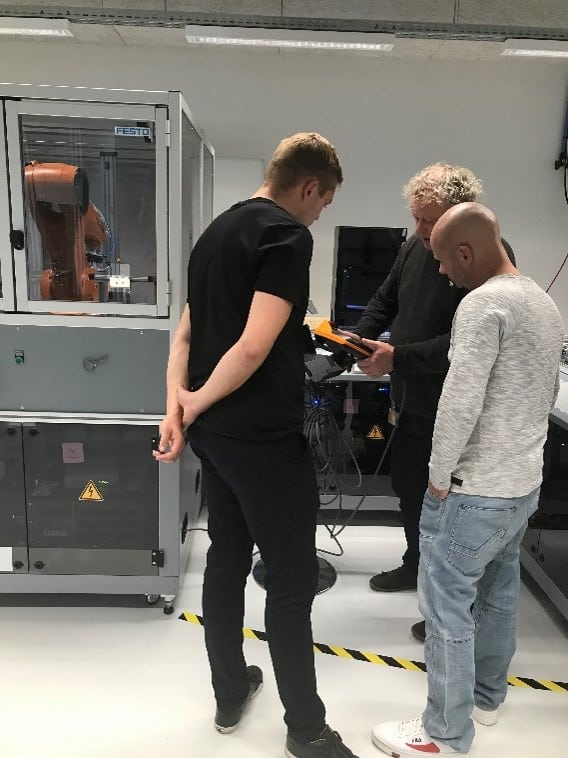
The MADE Learning Factory at VIA University College in Horsens currently conducts experiments, where test subjects need to learn how to start up a Festo mini factory based on a paper manual and different digital guides. “We are conducting a series of experiments in our learning factory”, Camilla explains. “We have set up a training scenario in 21 steps with the simple purpose of starting up the mini factory and place a KUKA robot in its home position. It sounds simple. I can assure you it is not,” Camilla says.
The idea behind choosing uQualio to test is a sensible one. The combination of a video that is easy to make, a QR code that makes it easy to locate the course, and a user-friendly platform is a great combination.
Outcome
At this point, the MADE Learning Factory at VIA University College has tested a paper manual of 21 pages of printed PowerPoint slides with 12 students. Only five test subjects were able to complete the task on time by following the paper manual. Then, 12 test subjects performed the same experiment with videos on uQualio’s platform. Seven out of 12 test subjects completed the task on time by following the training videos. Next, another 12 test subjects will test a digital instruction in HoloLens. Yet another 12 test subjects will test the same instruction in RealWear. Lastly, 12 test subjects will be exposed to training in Virtual Reality.

Now we are waiting for the test result of the remaining 3 digital solutions.
(Read the final report here.)
MADE analyses the effect of each method based on the time spent by the students to complete the task. However, the costs and ease of using the guide will also be taken into account when concluding which method proved most suitable for the particular training scenario. For example, the paper manual annoyed several test subjects. In contrast, the test subjects following eLearning were able to consult the training videos on their smartphone more easily.
The test results will be integrated into an online course on how to digitalize peer-to-peer training. The course will be offered by VIA University College teaching employees at production companies.
Here at uQualio Video4Learning, we can’t wait to see what MADE has in store. And, we are of course prepared to support them afterward in their pursuit to spread knowledge across the world If needed.
Achieve Effective & Affordable Video Training
– uQualio is an award-winning, easy-to-use, all-in-one NextGen LMS software for any types of online video training.



